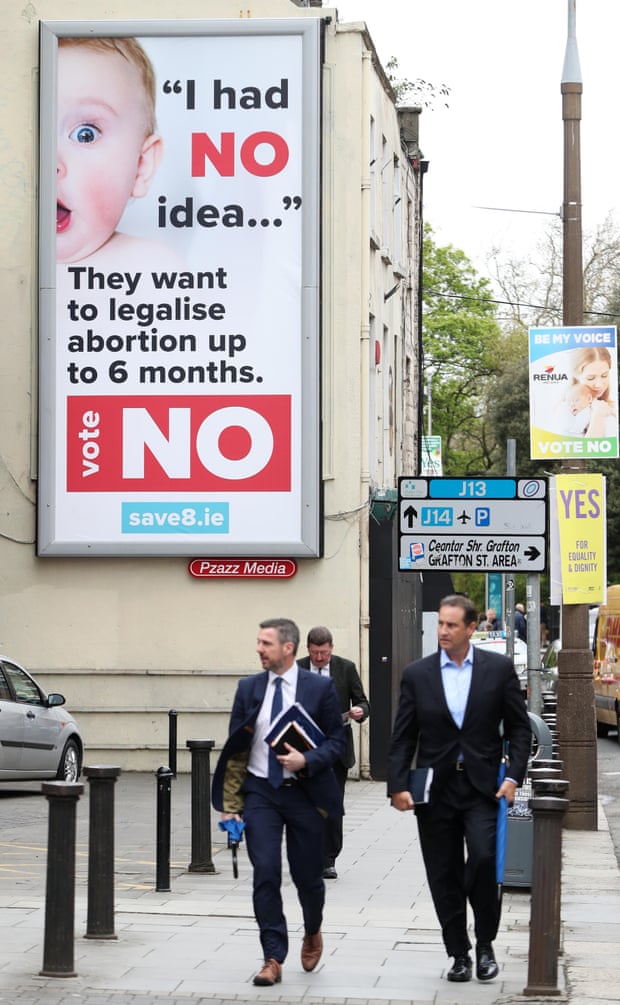 Tom Malleson, assistant professor of social justice and peace studies at King’s University College at Western University, Canada, writes in Jacobin magazine that “we need a legislature by lot”.
Tom Malleson, assistant professor of social justice and peace studies at King’s University College at Western University, Canada, writes in Jacobin magazine that “we need a legislature by lot”.
Some excerpts make the following points. Electoralist regimes are not democratic:
[There is] widespread disillusionment that many of the world’s people feel towards their purportedly democratic systems. [T]he truth, widely known yet rarely acknowledged, is that the American political system is increasingly run not by the people, but by the rich. Plutocracy. Leading scholars of American politics Martin Gilens and Benjamin Page conclude their recent study with the observation that “the majority does not rule — at least not in the causal sense of actually determining policy outcomes. When a majority of citizens disagrees with economic elites or with organized interests, they generally lose.”
The standard reform proposals show little promise to fundamentally improve the situation:
What, then, is to be done? There has long been a conventional answer on the center-left: proportional representation and campaign finance reform — the former to enhance the representativeness of elections and the latter to reduce the distorting effects of money. This intuitive belief that the answer to our democratic problems is enhanced elections runs so deep that it is like an article of faith.
Yet should reformed electoral democracy really be the ultimate aim of our democratic hopes and dreams? Consider some of the places that are much closer to achieving an equitable electoral system, such as Canada, the UK, and particularly Western Europe. Such systems tend to function much more democratically than the US, but they run into the same basic problems with elections.
Money continues to play an important role, biasing elections towards the wealthy. Governments continue to be incredibly unrepresentative of the population — almost always composed of rich, white, middle-aged men. Even in Sweden, the young, the less educated, and the working class continue to be dramatically underrepresented (for instance, blue-collar workers make up about 9 percent of members of parliament despite comprising 41 percent of the electorate).
[T]he electoral process is inherently biased in favor of the rich — thereby undermining the cherished democratic ideal of political equality — because the precondition to winning an election is having the time and resources to communicate with the public and mobilize support, and that will always be done more effectively by those who have more money. This means that electoral democracy, regardless of campaign finance rules, will always be somewhat tilted towards the affluent.
Democracy and elections are incompatible:
If you lived in any previous historical era and told your neighbor that you believed in democracy, they would have understood what you meant. Yet if you had said that you believed in democracy and elections, they would have thought you’d lost your marbles.
For more than two thousand years, it was common knowledge that the only people who wanted elections were the rich and the powerful, since they were the ones who invariably benefitted from them. Those who genuinely believed in democracy, on the other hand, believed that political power must be kept in the hands of regular people and typically advocated the selecting of political positions by lot.
Continue reading →
Filed under: Academia, Athens, Books, Deliberation, Elections, History, Press, Proposals, Sortition | 4 Comments »
 Fintan O’Toole has a glowing account in the Guardian about Ireland’s constitutional referendum. It advertises the allotted chamber process as the antidote to what troubles the establishment with electoral politics.
Fintan O’Toole has a glowing account in the Guardian about Ireland’s constitutional referendum. It advertises the allotted chamber process as the antidote to what troubles the establishment with electoral politics.







 David Van Reybrouck was recently
David Van Reybrouck was recently 